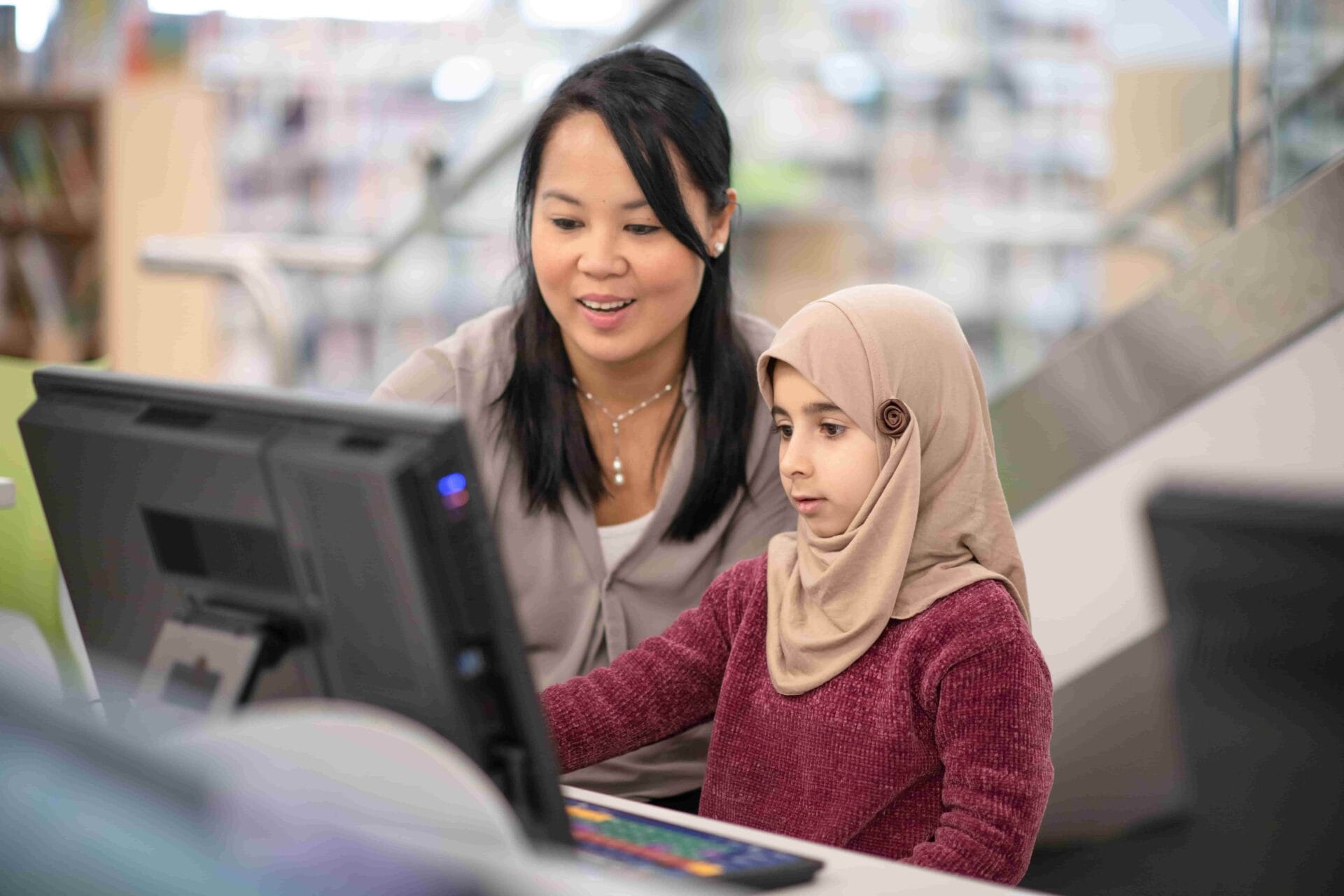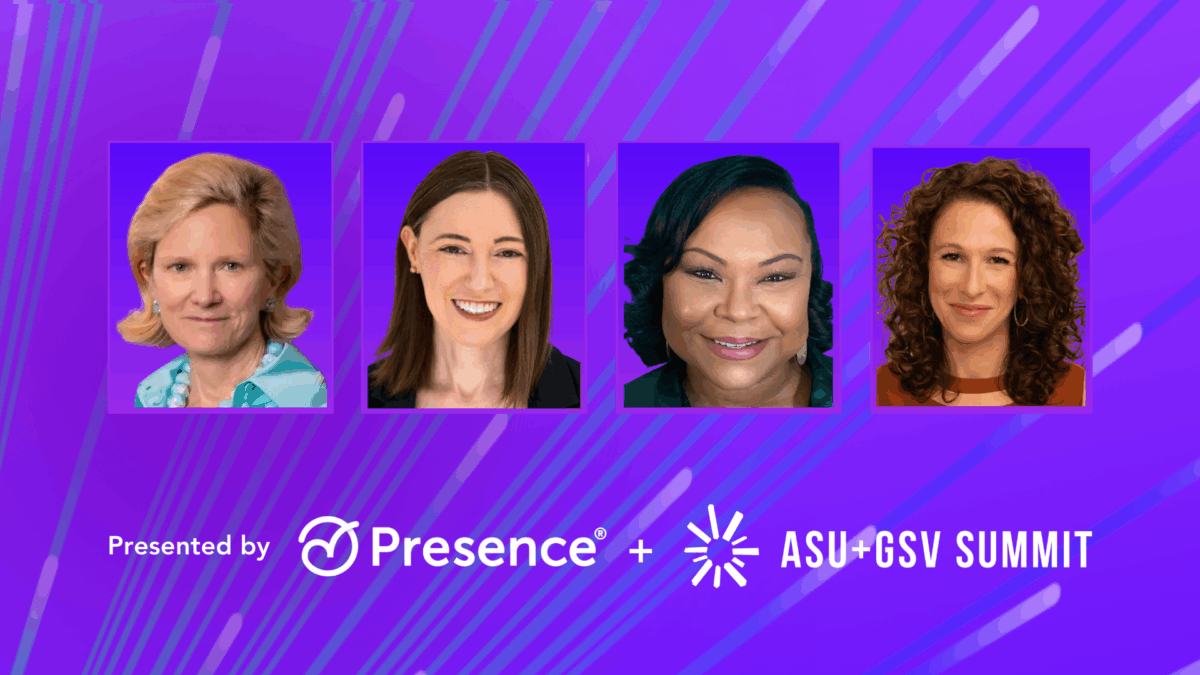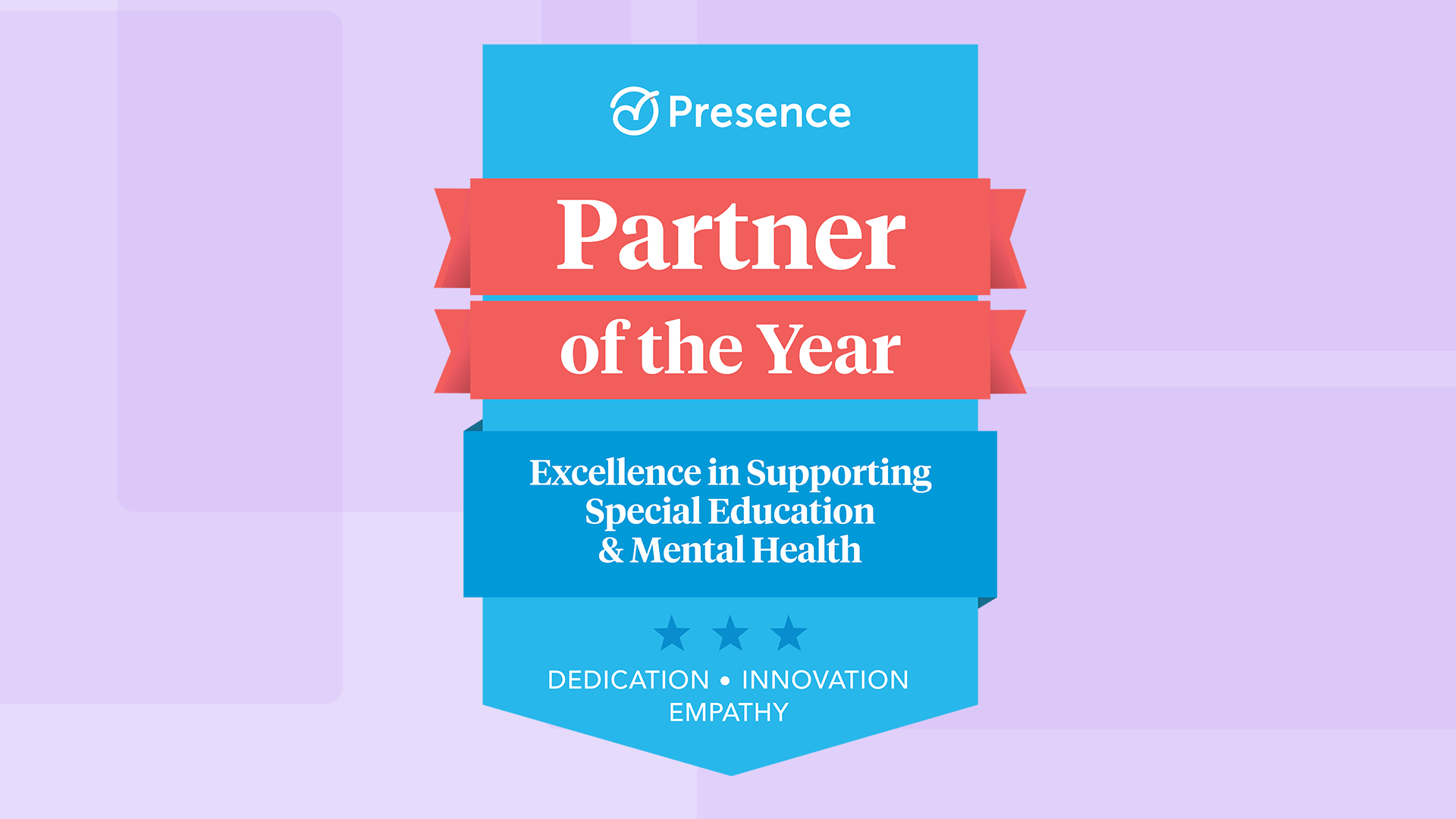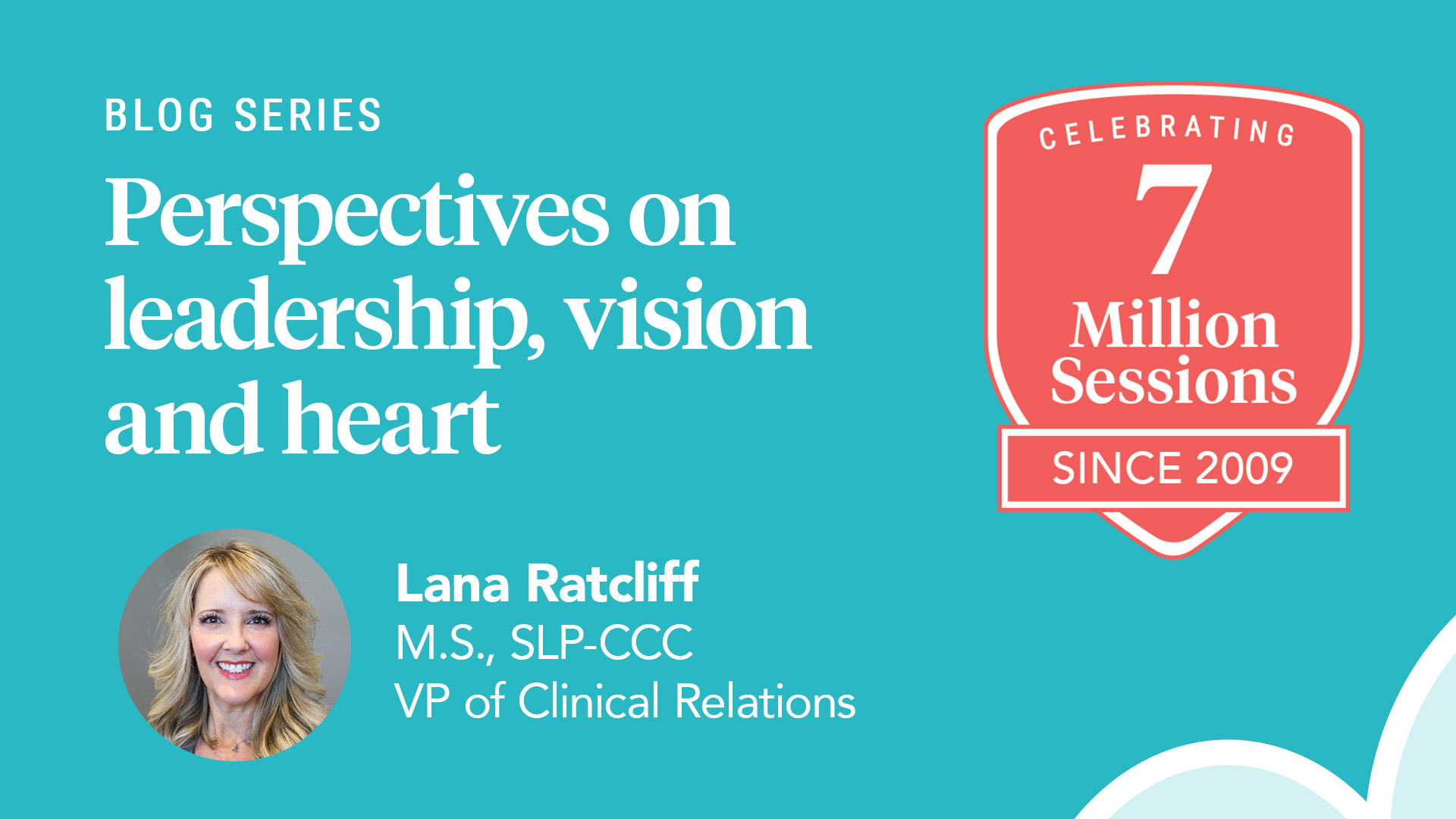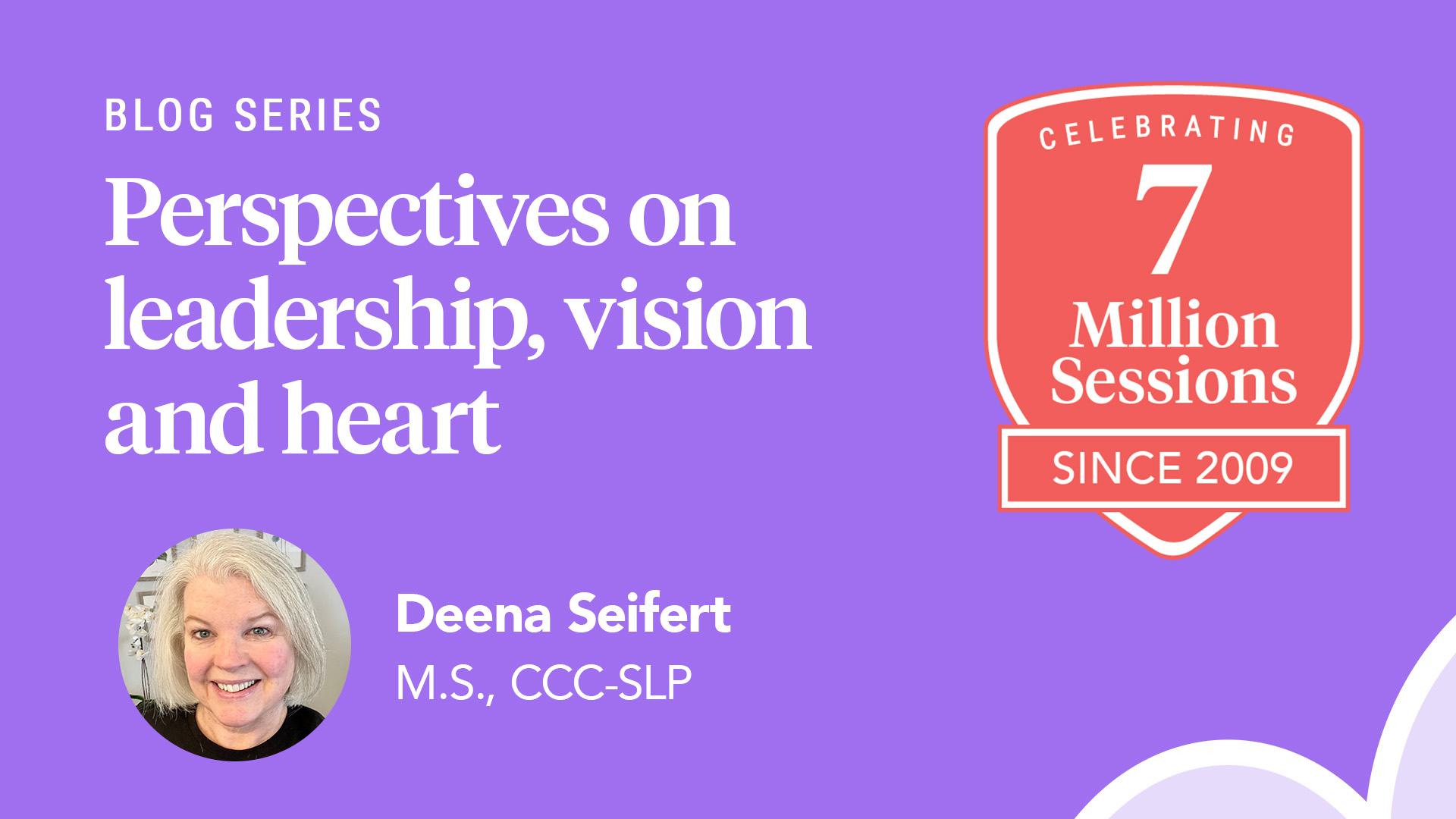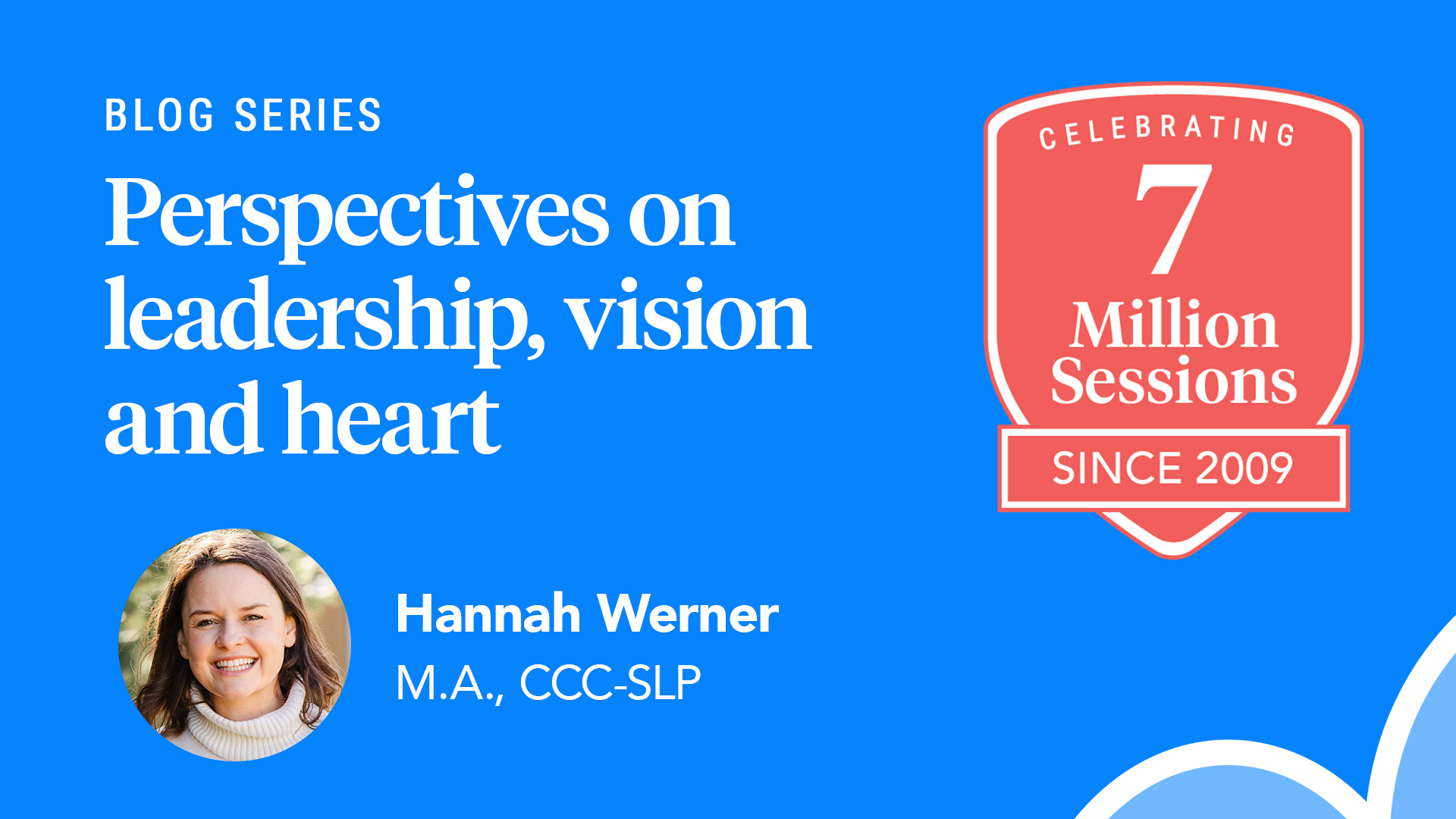From Private Practice to Presence SLP
Introduction
I am from Indiana, born here, raised here. I live in Bloomington and went to college at Indiana University. I went to graduate school at Southern Illinois University. My husband and I moved to Texas for five years just to have fun and explore. My husband went to grad school there and then we moved back to Indiana when we were pregnant with our first child to be close to family, outside of work and mom life. We have three children, ages one, three, and five.
Fun fact
I play kickball. My husband and I both play kickball. We’ve played since we lived in Texas as a way to meet people. And now we bring our kids, and it’s a weekly thing that we look forward to. So that’s something unique about me.
What inspired you to become an SLP?
My mother had significant hearing loss her whole life. I was inspired by her persistence and her hard work to communicate, because she didn’t always have amplification of hearing aids. Of course she did by the time I was in middle school, but I’ve seen her with communication struggles throughout her life. And I thought that would be a very cool career path. I thought I would do audiology, and then I realized I wasn’t very interested in it, but I was interested in the speech side of it.
How did you start practicing as an SLP?
I’ve been an SLP for 11 years, and I have mostly been in private practice. I’ve always worked with pediatrics, but in private practice or clinics. I’ve also worked in Applied Behavioral Analysis (ABA) clinics, so I have a passion for working with kids with autism as well. I worked at an ABA clinic—a behavioral analysis clinic—and I was the only SLP there with BCBAs (Board Certified Behavioral Analysts) and behavioral technicians, and that was a really cool position for me. I did that for about three years. I also did some home health and early intervention.
To receive that specialized therapy, at least in Indiana, you have to have an autism spectrum diagnosis. Of course, many of those kiddos also have speech and language needs and pragmatic needs. It was a really cool fit, and I just felt so valued and respected there because I was the expert in language, and all of these amazing therapists were coming to me for help with their plan of care—to learn how they could get the most out of their sessions based on their language needs, and also the behavioral needs. So it was a really awesome position for me.
How did you make the transition to teletherapy?
I totally would have stayed at the clinic. But I couldn’t keep working full-time. Really I just needed something more flexible and part-time where I could work a couple of hours in the morning while my children are at preschool, and then maybe a couple of hours in the afternoon while grandma’s over. And I just wanted to get back in the field after I had my daughter a year ago—I was home for a year, and I loved it. But I was ready to get back to my work as an SLP so Presence was a really good fit for me. My friend referred me—she works at Presence as well.
Presence has recently started hiring clinicians without school-based experience. What was the catalyst for you to expand your clinical experience into school-based settings? And why now?
This opportunity with Presence felt like a great way to get my feet wet with IEPs, and all those things that I’m not familiar with. Even though I think I’m a fairly experienced clinician, this is all brand new to me, so I felt like this would be a really good stepping stone to be part-time, and then down the road, maybe go into the school systems here in my own community. I also think in the next five or ten years I could see myself working full-time in a school, so that I have the same holidays and the same spring break as my kids.
Can you share a little bit about what the process of onboarding with Presence has been like?
Presence has been excellent. I always have so many points of contact. No question is ever silly and no appointment is ever not necessary. I feel like everyone is always really supportive and checking in on me. My clinical empowerment manager also connected me to other new onboarding clinicians as well. And now I have a text thread and email thread with four or five different women—we just text, “Hey, what about this?” Or “Do you want to jump on my room? I want to try this game,” so that’s been really, really helpful.
What are you most excited about using in the platform?
I was assigned a school a few months ago. The school has been having some challenges ramping up so I haven’t started with students yet but I’m told it will be soon now. I’ve still been busy with things getting prepared.
I watch the Show & Shares a lot because they give me really good ideas that I would not have thought of on my own, how could I use that with a particular student’s goals so Show & Share has been awesome. I do some of the live workshops here and there, especially since I’m not with students yet. Those are very helpful.
I will be working with a high school. That will be new to me. I’ve worked in pediatric, so occasionally I would get a teenager, but preschool has been my wheelhouse. I was hoping for elementary school. When I got my assignment, I talked to my friend who referred me, and she said, “Oh, high school is great.” She said she loves high school students. So she helped me open my mind.
If you are a speech-language pathologist without prior school-based experience, apply here to join our network.

